
History often feels like a sprawling tapestry woven with countless threads of dates, battles, and decrees. But peek closer, and you’ll discover that at its very heart, history isn’t just a collection of events; it’s a vibrant, compelling narrative of individuals. These are the people who dared to dream, to challenge, to create, and to lead, ultimately shaping the world we inhabit in ways both profound and unexpected.
From ancient philosophers whose ideas still echo in our modern ethics to scientific trailblazers who rewrote our understanding of the cosmos, countless figures have left an indelible mark. What’s truly fascinating is that many of these monumental lives are rich with details and insights that often get overlooked in standard textbooks. They weren’t just names in a book; they were complex individuals with burning passions and incredible stories, just like us.
So, get ready to journey through the annals of time with us as we spotlight some of the most recognized and influential historical figures of all time. We’re not just listing names; we’re diving into their groundbreaking contributions, uncovering surprising facts, and exploring how their legacies continue to resonate. Prepare to have your curiosity sparked and your understanding of history deepened, because these are the stories of ordinary people who achieved the extraordinary.
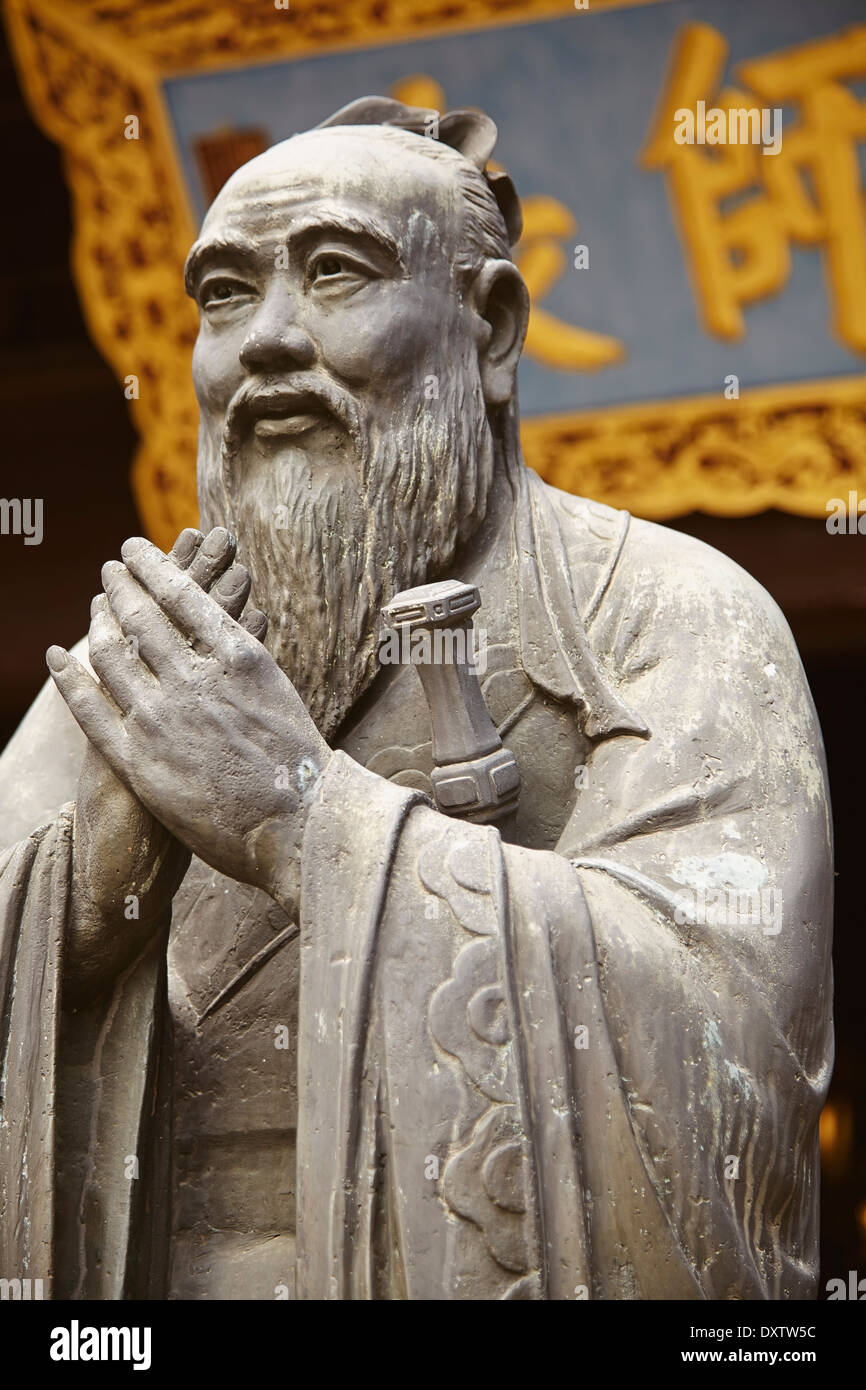
1. **Confucius (551–479 BC)**Confucius, hailing from China, stands as one of history’s most influential philosophers and famous historical figures. His profound impact on philosophy and culture, especially within China, cannot be overstated. He single-handedly founded Confucianism, a belief system that emphasizes moral integrity, respect for family, and social harmony, a framework that would guide an entire civilization for millennia.
Central to his teachings was the concept of “ren,” which can be translated as humaneness and compassion. This wasn’t merely an abstract idea; it was a practical call to action, encouraging empathy and fostering strong, positive relationships among people. Imagine a society built from the ground up on such principles – Confucius envisioned it and provided the philosophical blueprint.
Beyond personal ethics, Confucius also stressed the paramount importance of education and virtuous leadership. He firmly believed that a society could only truly flourish and maintain stability when its leaders embodied ethical values. They were to serve as moral exemplars, thereby inspiring and guiding the populace towards collective well-being and orderly conduct.
His ideas, born centuries ago, still resonate powerfully today, highlighting the significant impact one individual’s vision can have on the fundamental values and ethics of an entire society. It’s a testament to the timeless nature of wisdom that principles of respect, integrity, and social harmony remain as relevant now as they were in ancient China. Did you know his philosophy continues to influence East Asian cultures profoundly?

2. **Leonardo da Vinci (1452–1519)**Leonardo da Vinci, an Italian polymath, was nothing short of a genius whose talents spanned an astonishing array of fields, including art, science, and engineering. He wasn’t just good at one thing; he excelled at seemingly everything he turned his mind to. His very name has become synonymous with Renaissance brilliance and boundless creativity.
He is, of course, best known for masterpieces like the “Mona Lisa” and “The Last Supper.” These iconic paintings are not only celebrated for their breathtaking beauty but also for their innovative techniques, which pushed the boundaries of artistic expression. The subtle smile of the Mona Lisa, for example, continues to captivate and mystify art enthusiasts around the globe.
Yet, his brilliance didn’t stop at the canvas. Da Vinci’s notebooks are an astonishing trove, filled with thousands of pages of sketches and detailed observations of amazing inventions. Among these are designs for flying machines, an early version of a tank, and incredibly detailed studies of human anatomy that fundamentally changed how we understand our own bodies. His anatomical drawings were groundbreaking, far ahead of their time.
His endless curiosity and relentless quest for knowledge truly capture the spirit of the Renaissance, an era defined by a revival of learning and exploration. Da Vinci’s legacy is a powerful reminder that creativity knows no bounds and that the passionate pursuit of knowledge can lead to truly extraordinary discoveries, inspiring countless innovators in subsequent centuries.
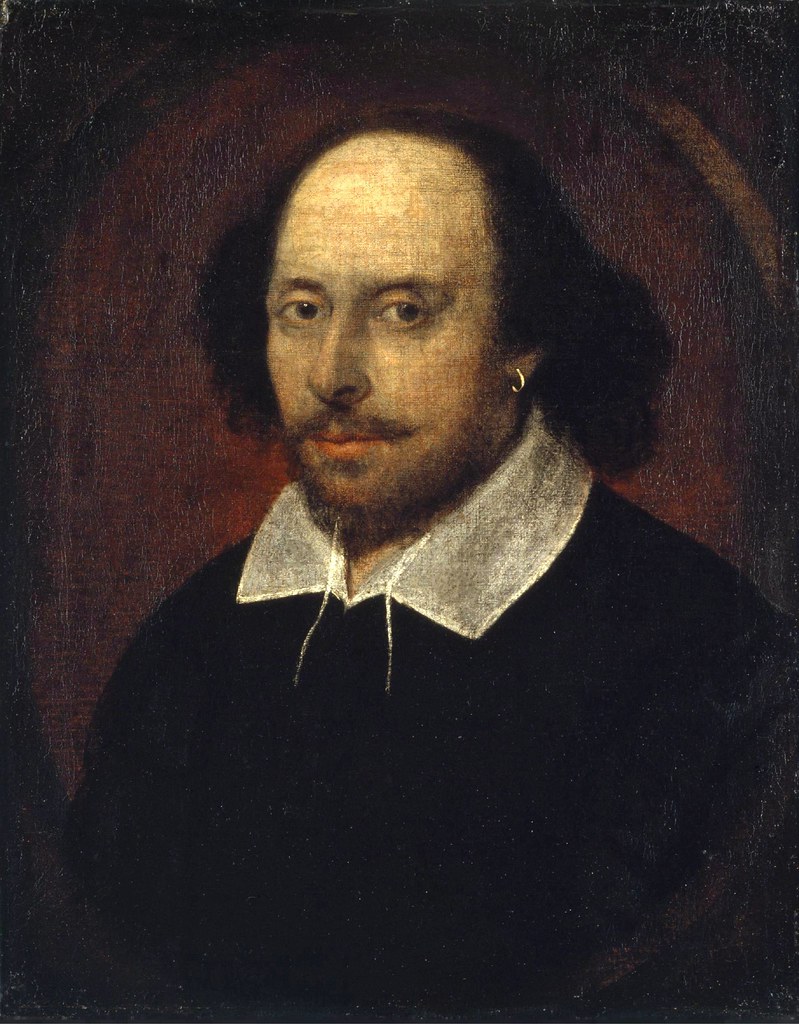
3. **William Shakespeare (1564–1616)**William Shakespeare is not just a name; he is often referred to as the greatest playwright and poet in history, and for very good reason! This English literary giant fundamentally transformed English literature with his captivating storytelling, rich narratives, and characters so complex and relatable they feel utterly real, even centuries later.
From the intense tragedies of “Hamlet” and “Macbeth,” which delve into the darkest corners of the human psyche, to the delightful comedies like “A Midsummer Night’s Dream” and “Much Ado About Nothing,” which sparkle with wit and charm, Shakespeare’s works explore the full, vibrant range of human emotions and experiences. His plays truly hold a mirror up to humanity.
His clever and innovative use of language is legendary. He employed the distinctive iambic pentameter with unparalleled skill and is even credited with inventing over 1,700 words that are still in common use today. Imagine being responsible for shaping the very vocabulary we use! His linguistic genius forever changed the landscape of drama and poetry, enriching the English language itself.
Shakespeare’s timeless themes of love, power, jealousy, ambition, and redemption continue to resonate deeply with audiences around the world, proving the universal appeal of his narratives. His works are studied, performed, and cherished, ensuring that the Bard of Avon’s voice remains as vibrant and relevant today as it was in Elizabethan England. It’s hard to imagine English literature without him, isn’t it?
Read more about: Chloé Zhao’s ‘Hamnet’ Triumphs in Toronto: Unpacking the 50th TIFF’s Major Award Winners and Oscar Frontrunners
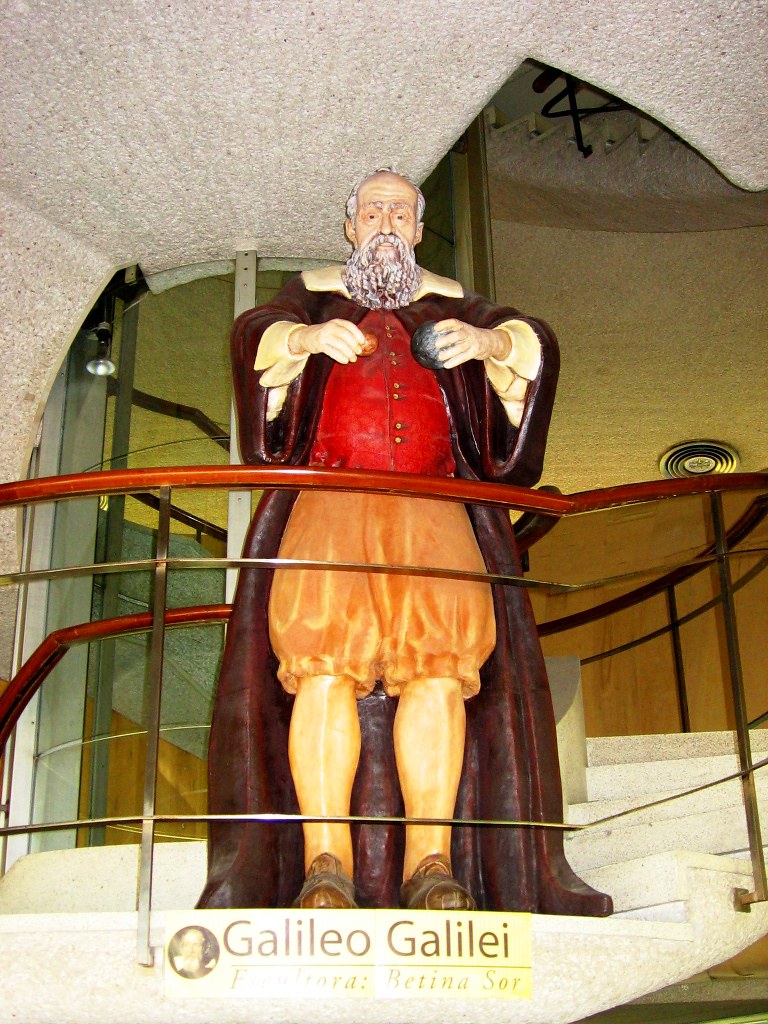
4. **Galileo Galilei (1564–1642)**Galileo Galilei, an Italian astronomer, physicist, and mathematician, earned the profound title of the “Father of Modern Science.” His groundbreaking work fundamentally changed our understanding of the universe, challenging long-held beliefs and setting the stage for future scientific inquiry. He wasn’t afraid to question the established order, a hallmark of true scientific progress.
He was a true pioneer of the scientific method, emphasizing the crucial importance of direct observation and rigorous experimentation over dogma and tradition. This systematic approach to understanding the natural world was revolutionary and laid the bedrock for all modern scientific research. For Galileo, seeing was truly believing, or at least, the first step to understanding.
With his self-improved telescope, Galileo made a series of remarkable discoveries that reshaped astronomical thought. He observed the moons of Jupiter orbiting the planet, the phases of Venus mirroring those of our own Moon, and the uneven surface of the Moon itself. These findings directly challenged the geocentric model of the universe and compellingly showed that the cosmos was far more complex and dynamic than previously imagined.
Galileo’s willingness to ask tough questions and push against established norms made him a key, albeit controversial, figure in the Scientific Revolution. His legacy lives on, a constant reminder to us all of the immense power of curiosity, critical thinking, and empirical evidence in our unending quest for knowledge about the universe and our place within it.
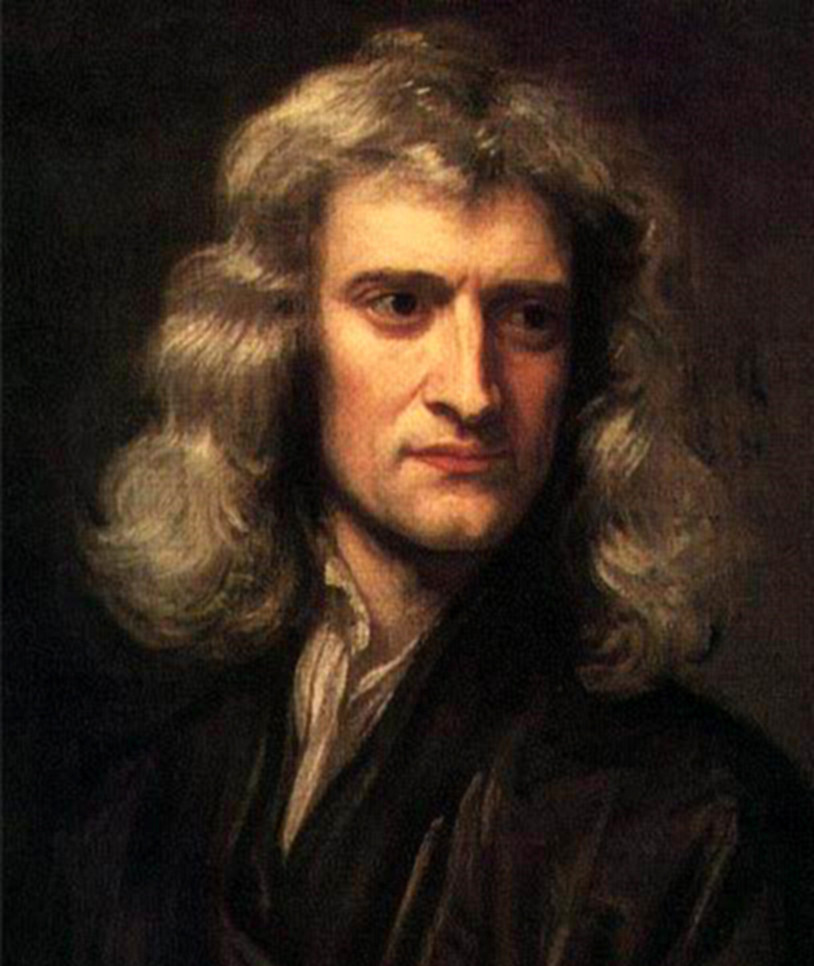
5. **Isaac Newton (1642–1727)**Isaac Newton, a brilliant English polymath, is globally recognized for his pivotal contributions to both physics and mathematics, which quite literally changed how we understand the world around us. His insights formed the bedrock of classical physics and continue to be taught in classrooms worldwide, proving the enduring power of his genius.
He is famously credited with formulating the laws of motion and universal gravitation. These laws provide a comprehensive framework that explains how objects move on Earth, from a falling apple to a rolling ball, and how celestial bodies interact in space, governing the orbits of planets. This unifying theory was a monumental achievement, revealing the elegant order of the cosmos.
In his seminal work, *Philosophiæ Naturalis Principia Mathematica*, Newton didn’t just transform science; he also solidified his place as one of history’s greatest mathematicians. It was within this book that he introduced calculus, a powerful mathematical tool specifically designed to analyze change and motion. This invention revolutionized mathematics and became indispensable across various scientific and engineering disciplines.
Newton also made significant discoveries in optics, meticulously studying the properties of light and color. His experiments demonstrated that white light is composed of a spectrum of colors, revealing yet another fundamental aspect of the natural world. Today, Newton’s discoveries and ideas continue to shape physics and mathematics, cementing his place as one of the most famous historical figures in the world of science. Talk about leaving a mark!

6. **George Washington (1732–1799)**George Washington, often revered as the “Father of His Country,” was the first president of the United States and stands as one of its most influential Founding Fathers and famous historical figures. His leadership was crucial in the birth of a new nation, guiding it through its most challenging formative years.
As the commander-in-chief of the Continental Army during the arduous American Revolutionary War, he played a pivotal role in leading the fledgling colonies to a hard-won victory against mighty British rule. His perseverance, strategic acumen, and ability to rally a diverse army were instrumental in securing American independence against overwhelming odds.
Beyond his military achievements, Washington played a crucial role in creating and approving the U.S. Constitution, which established the framework for American governance. He also established important traditions for the presidency, most notably the peaceful transfer of power. His voluntary relinquishment of authority, rather than clinging to it, set a powerful precedent for democratic leadership.
Washington’s unwavering commitment to democratic principles, his principled refusal to accept monarchical power, and his profound dedication to a fledgling nation helped shape the United States into the republic built on freedom and governance by the people that it is today. His legacy as a leader of integrity and vision continues to inspire aspirations for liberty and self-governance worldwide.
Following the footsteps of those who laid the foundations of philosophy, art, science, and governance, our journey through history’s most recognized figures continues. Now, we turn our gaze to another set of extraordinary individuals whose struggles for justice, monumental scientific breakthroughs, and profound cultural legacies have etched their names firmly into the fabric of our modern world. Prepare to be inspired by their resilience, intellect, and unwavering dedication to causes greater than themselves.
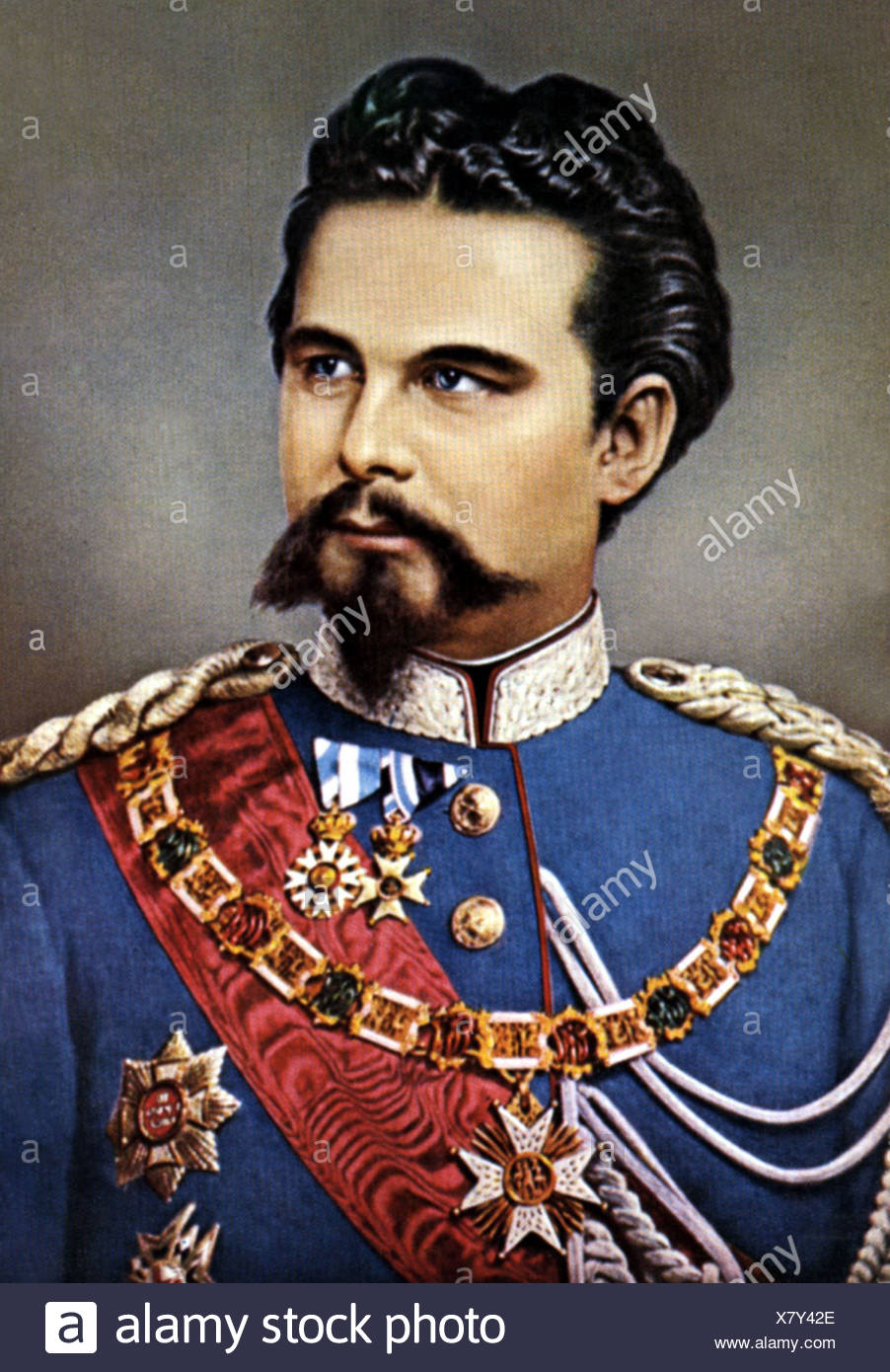
7. **Ludwig van Beethoven (1770–1827)**Prepare to have your auditory senses delighted and your emotions stirred, because next up is Ludwig van Beethoven, one of classical music’s most influential composers. Bridging the gap between the Classical and Romantic eras, Beethoven’s powerful and emotionally rich compositions completely transformed the symphony, sonata, and string quartet. He pushed musical boundaries in ways that still resonate with incredible force today, proving that genius knows no limits.
What makes Beethoven’s story truly astonishing is that he continued to create some of his greatest works even after losing his hearing. Imagine being a composer, for whom sound is everything, and yet persisting to craft masterpieces like the famous Ninth Symphony, with its unforgettable ‘Ode to Joy.’ This wasn’t just resilience; it was a profound testament to the inner music that drove him.
His music is instantly recognizable for its dramatic contrasts, its surging emotions, and its sheer scale. Beethoven didn’t just write notes; he composed experiences that take listeners on a tumultuous, beautiful journey. It’s no wonder his works continue to captivate and inspire audiences worldwide, centuries after they were first penned.
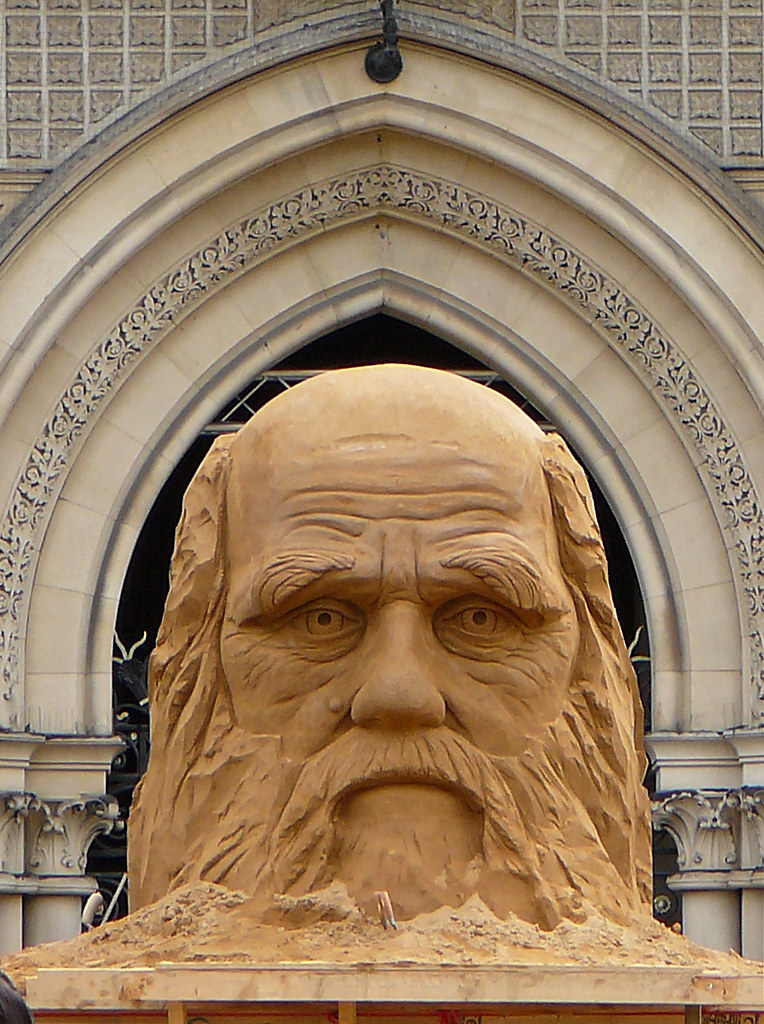
8. **Charles Darwin (1809–1882)**From the grand symphonies of human emotion to the intricate symphonies of nature itself, we now turn our attention to Charles Darwin, the British naturalist who fundamentally changed how we understand life on Earth. His groundbreaking theory of evolution by natural selection showed us how species adapt and evolve over vast spans of time, challenging established beliefs and sparking a revolution in biology.
Darwin’s monumental ideas weren’t born overnight. They were the culmination of meticulous observations made during his famous voyage on the HMS Beagle. This incredible journey provided him with a wealth of evidence that he later synthesized into his seminal work, *On the Origin of Species*. This book, published in 1859, proposed a mechanism for how life diversified, highlighting the intricate connections between all living things.
His work wasn’t without controversy, sparking ongoing debates that continue to this day. Yet, by highlighting the principle of natural selection, Darwin provided a powerful, coherent framework for understanding the biological world. His legacy is immense, having a lasting impact on not only biology but also our philosophical understanding of ourselves and our place in the natural order.
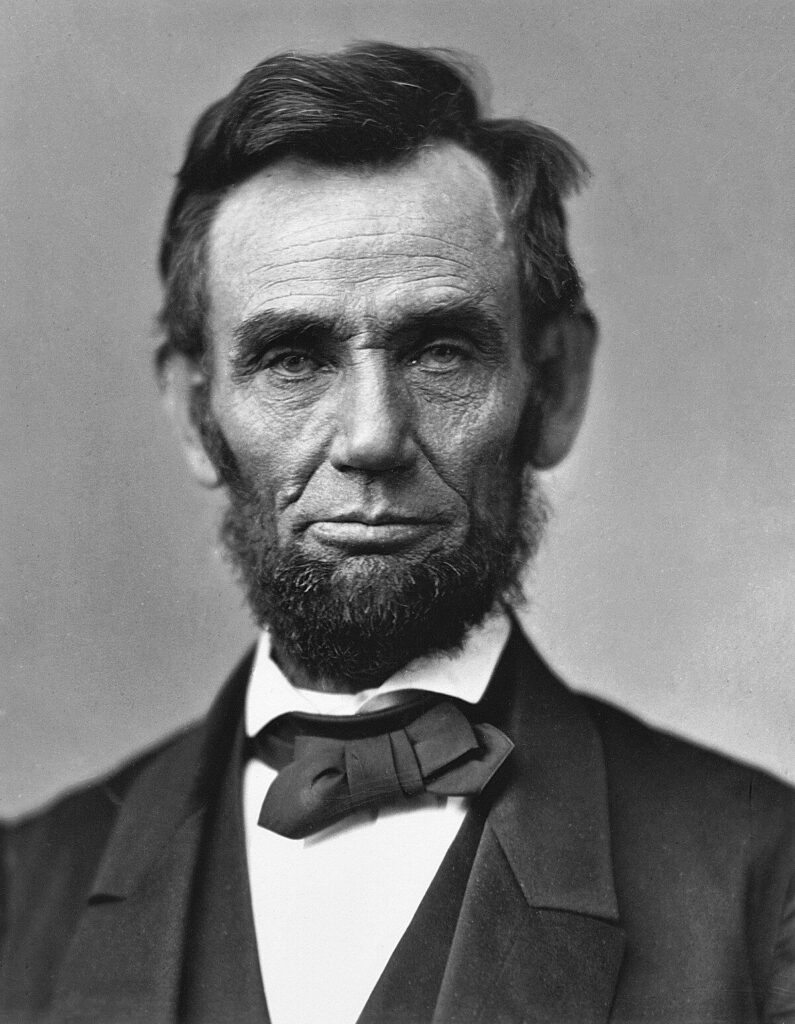
9. **Abraham Lincoln (1809–1865)**Stepping onto the stage of monumental leadership, we honor Abraham Lincoln, the 16th president of the United States and one of America’s most revered figures. Rising from humble beginnings, Lincoln steered a deeply divided nation through its darkest period, the brutal Civil War, ultimately preserving the Union when it teetered on the brink of collapse. His leadership during this crisis was nothing short of miraculous.
Lincoln is perhaps best known for his decisive actions to end slavery. His Emancipation Proclamation famously declared the freedom of millions of enslaved people, fundamentally transforming the moral landscape of the nation. It was a bold move that laid critical groundwork for future civil rights advancements, setting America on a path towards fulfilling its promise of equality for all.
His eloquence, demonstrated in speeches like the Gettysburg Address, resonated deeply with the American people, unifying them through shared ideals. Assassinated in 1865, Lincoln’s legacy as a champion of freedom, democracy, and national unity continues to inspire. He embodies the principle that true leadership can emerge from anywhere, capable of guiding a country through its most profound challenges.
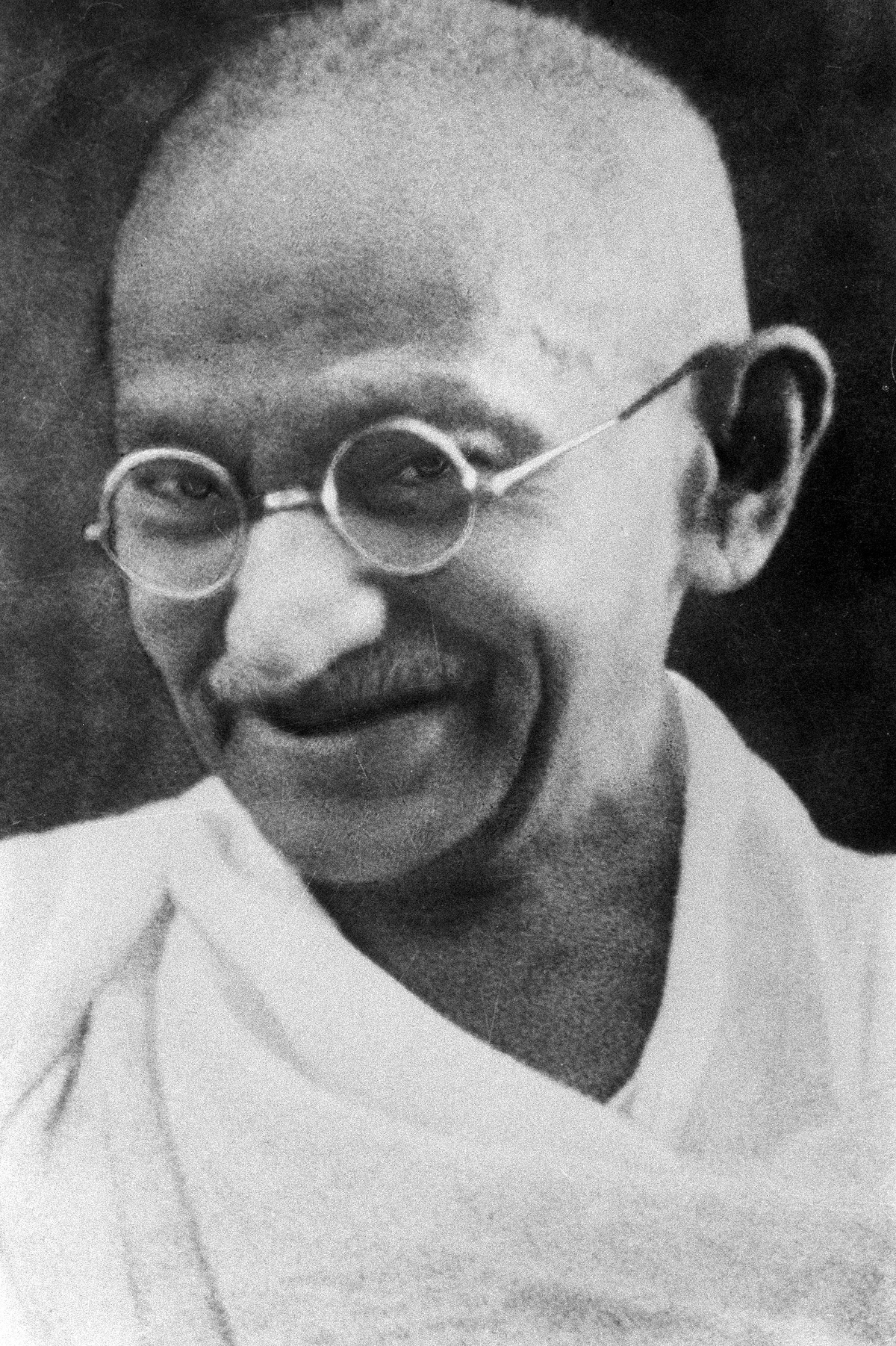
10. **Mahatma Gandhi (1869–1948)**From struggles for national unity, we transition to a global icon of nonviolent resistance: Mahatma Gandhi. He was the unwavering leader of the Indian independence movement, guiding India’s monumental fight against British colonial rule. His unique approach, rooted in *satyagraha* or truth-force, inspired millions and became a powerful, transformative force for change without resorting to violence.
Gandhi’s commitment to peaceful protest demonstrated to the world that profound social and political transformation could indeed be achieved without bloodshed. Through fasting, civil disobedience, and peaceful demonstrations, he showed that the moral power of an oppressed people could ultimately overcome even the most formidable imperial power. His life’s work embodies the idea that one person’s unwavering dedication to a cause can spark monumental change on a global scale.
His legacy extends far beyond India’s borders, continuing to inspire activists, civil rights leaders, and movements for social justice around the world. Gandhi proved that courage isn’t just about physical might, but about the unshakeable moral conviction to stand up for what is right, making him among the most famous historical figures who have profoundly shaped our modern world.
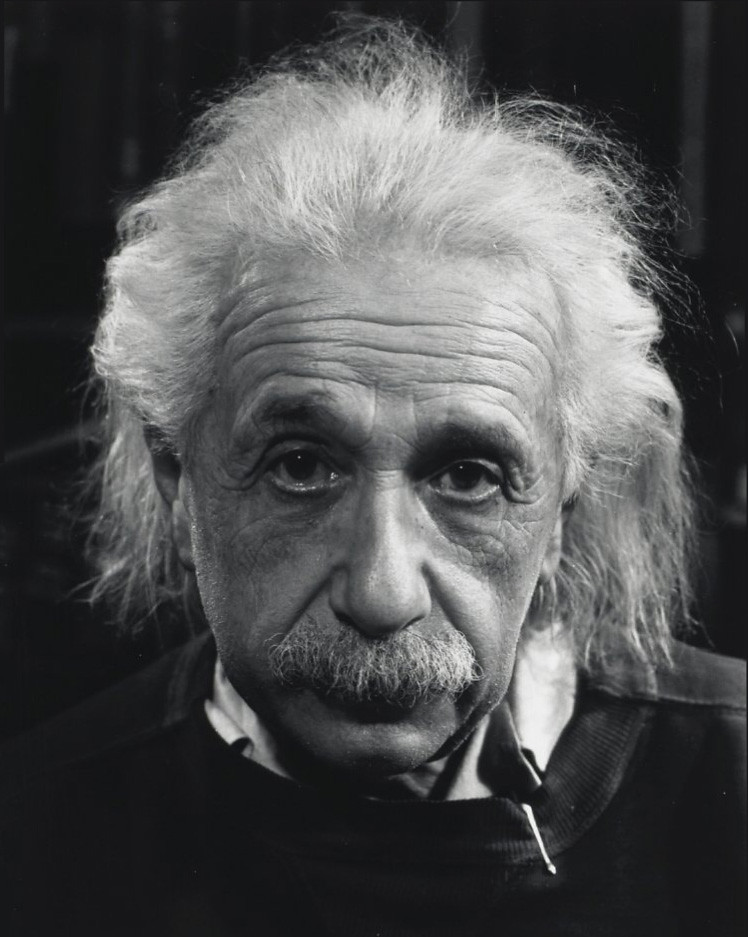
11. **Albert Einstein (1879–1955)**Prepare for your mind to be expanded as we delve into the realm of revolutionary scientific thought with Albert Einstein, one of the most famous scientists in history. His groundbreaking contributions to physics completely changed our understanding of space, time, and gravity, literally reshaping the universe as we knew it. He wasn’t just smart; he was a cosmic visionary.
Einstein is, of course, best known for his theory of relativity, which included his iconic equation, E=mc². This simple yet profound formula revealed the deep relationship between mass and energy, paving the way for advancements in nuclear physics and energy. It’s a testament to his genius that a single equation could unlock such fundamental secrets of the cosmos.
Beyond his staggering scientific achievements, Einstein was also a passionate advocate for peace and civil rights. He used his immense platform to speak out against discrimination and injustice, proving that even the most brilliant minds can also possess a deep commitment to humanity. His genius and unwavering moral compass continue to inspire people in both science and social justice today.
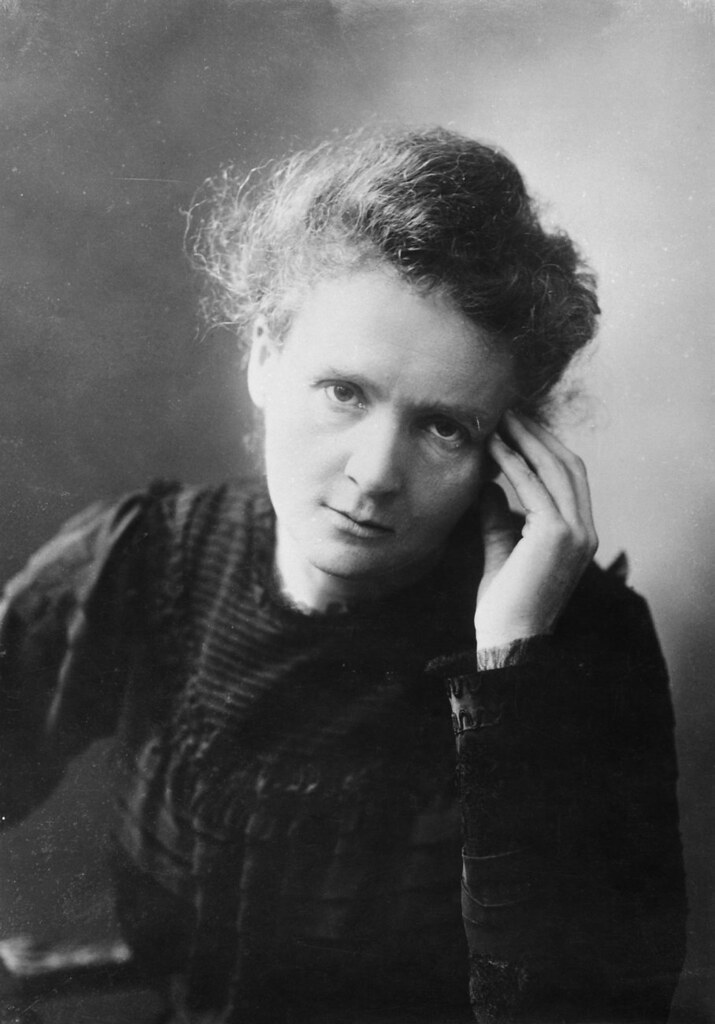
12. **Marie Curie (1867–1934)**From the macrocosm of the universe, we shrink down to the microcosm of atomic structure with another scientific giant: Marie Curie. This talented physicist and chemist made history not once, but twice! She was the first woman to win a Nobel Prize and remains the only person ever to receive Nobel Prizes in two different scientific fields: physics and chemistry. Talk about breaking barriers!
Curie’s pioneering research on radioactivity transformed our understanding of atomic structure, revealing entirely new elements like polonium and radium. Her tireless work also led to major medical advances, most notably radiation therapy for cancer. She wasn’t just a scientist; she was a healer, pushing the boundaries of what was possible in medicine.
Her passion for science and sheer determination, especially in a field historically dominated by men, has inspired countless individuals, particularly women, to pursue careers in STEM (Science, Technology, Engineering, and Mathematics). Marie Curie’s story is a powerful reminder that curiosity, persistence, and intellectual rigor can lead to discoveries that benefit all of humanity, no matter the societal obstacles.
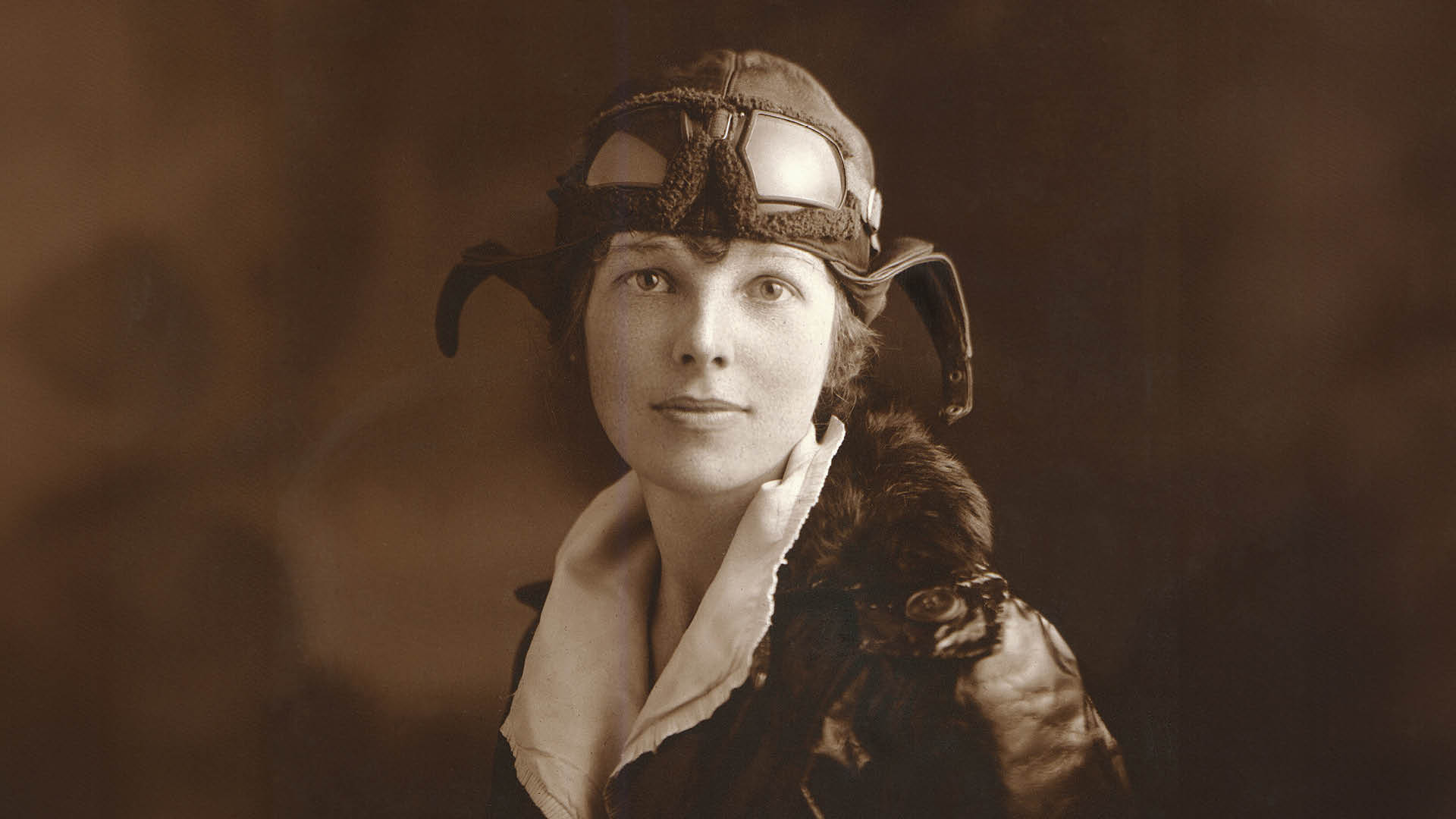
13. **Amelia Earhart (1897–1937)**Our final iconic figure in this remarkable journey is Amelia Earhart, a daring aviator who soared above societal expectations and broke barriers with every flight. As the first woman to fly solo across the Atlantic Ocean, she proved beyond a shadow of a doubt that women could excel in a field entirely dominated by men. Her spirit was as boundless as the sky she navigated.
Earhart’s remarkable achievements didn’t stop there. She set numerous records, including being the first person to fly solo from Hawaii to California, pushing the limits of aviation and human endurance. Her fearless spirit and insatiable love for adventure motivated countless women to pursue their ambitions, challenging them to defy conventional expectations and reach for the stars.
Sadly, Earhart mysteriously disappeared in 1937 while attempting to circumnavigate the globe, leaving behind a legacy of unanswered questions but also immense inspiration. Her pioneering spirit in aviation continues to inspire future generations to chase their dreams, demonstrating that true courage lies in daring to explore the unknown and forging your own path, no matter how high the climb.
And there you have it: a whirlwind tour through the lives of fourteen extraordinary individuals who didn’t just live in history; they made it. From philosophical blueprints for society to scientific revolutions, from epic struggles for freedom to flights across vast oceans, these figures remind us that the human spirit, with its boundless capacity for curiosity, courage, and compassion, is the most powerful force for change. Their stories aren’t just fascinating anecdotes; they’re blueprints for how we can all strive to leave our own indelible mark on the world, inspiring us to question, to create, and to lead with purpose. What will your legacy be?


